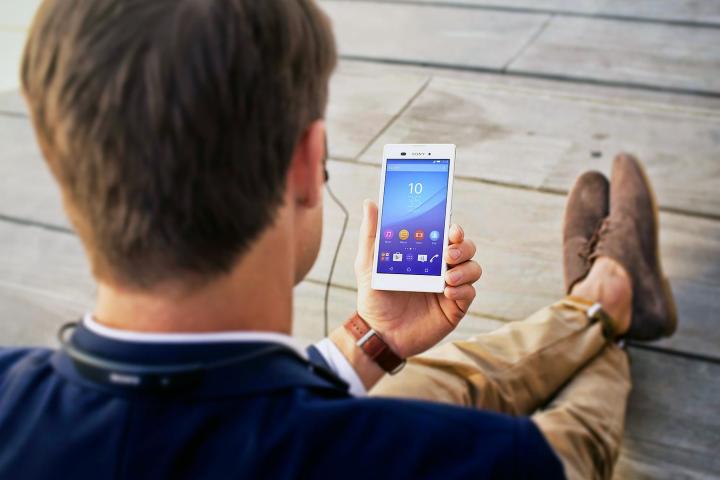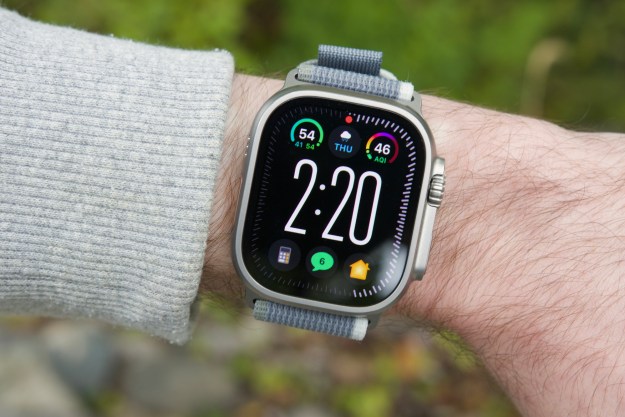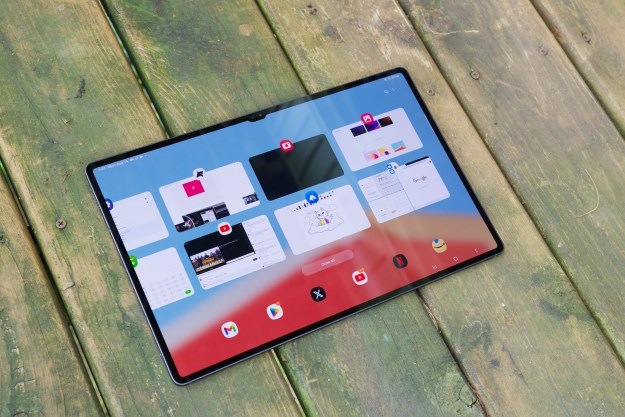
Included in that percentage are all older Android phones running 4.4 and lower. However, Google told the Next Web that remote reset only worked on phones secured with a pattern (not a PIN or password) with older versions of Android. Most devices that run
Here’s the catch: Encryption isn’t a mandatory setting in Android 5.0. Some manufacturers don’t enable it, even if it’s an option. In other words, the estimate of 74 percent could actually be low, meaning even more devices are open to remote resets. Luckily, in the case of
Google revealed that encryption would be mandatory in a recent Android Compatibility Definition Document. The compatibility document describes various elements of Android 6.0 and defines how it is intended to run on a variety of devices. Those devices that support full-disk encryption and Advanced Encryption Standard (AES) crypto performance above 50MiB/sec, full-disk encryption must have this feature enabled by default. Full-disk encryption utilizes a key for all data that is stored from the disk. Data must pass through the key and be encrypted or decrypted before any data can be either written or pulled into system processes.
Encryption is something that Google has wanted to make mandatory on Android for a while, and the company almost got it completely enforced as a standard when
The feature’s addition to Android 6.0, along with fingerprint sensors on new phones, have combined to create a higher standard in security than was previously available. Full-disk encryption is not a new feature to
Security aficionados, privacy advocates, and corporate users welcome the higher security standard that the technology provides. The security level also raises the bar that government and police agencies must go through in order to retrieve data from seized devices.
Editors' Recommendations
- Don’t update your Pixel phone — a new Android update might break it
- What is Android System WebView? Can I disable it?
- On Pixel 4 battery, Google’s various teams don’t see pixel-to-pixel


